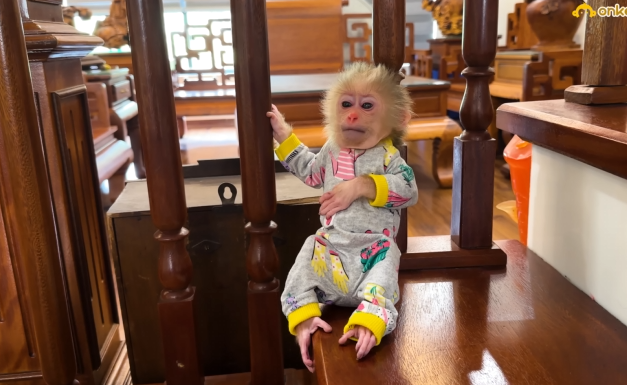
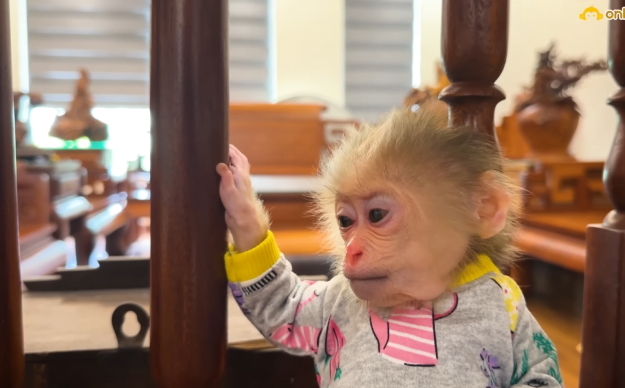
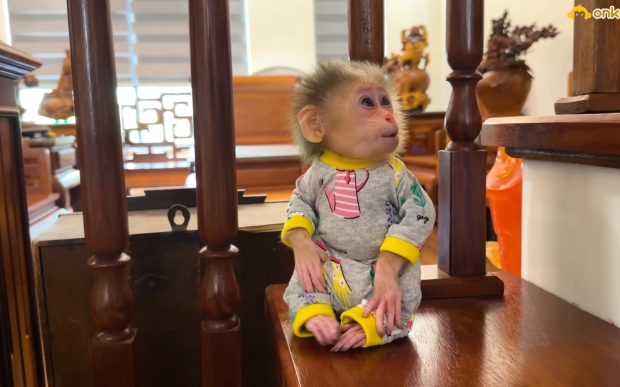
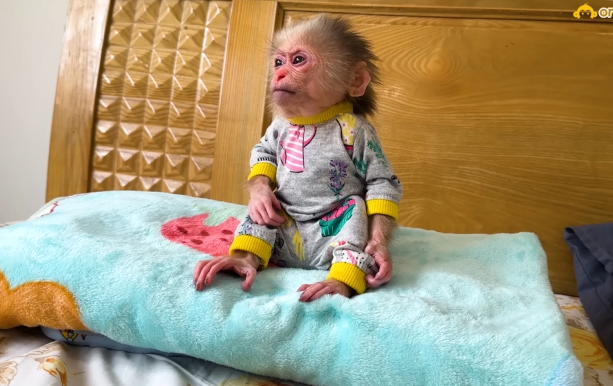
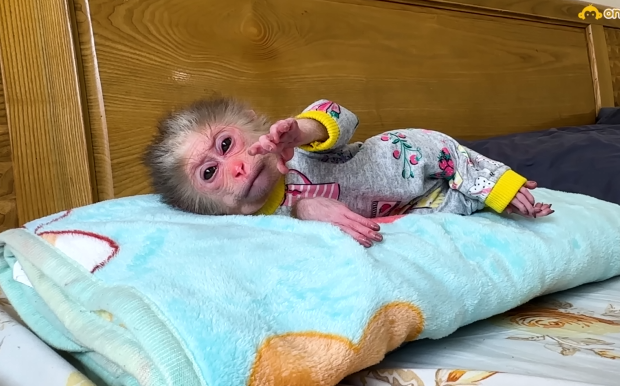
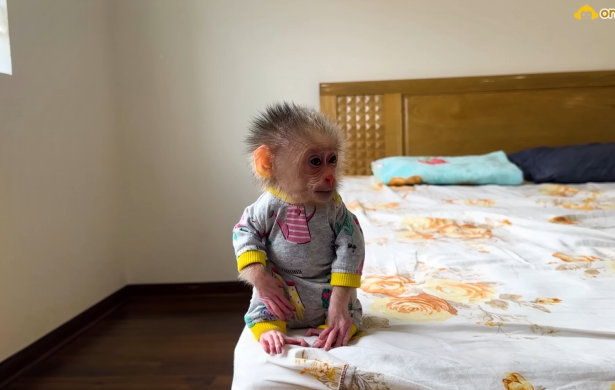
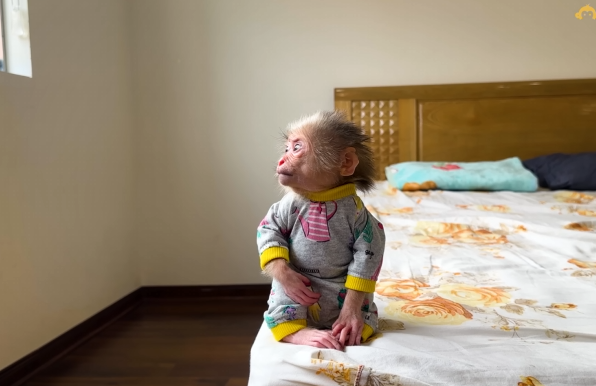
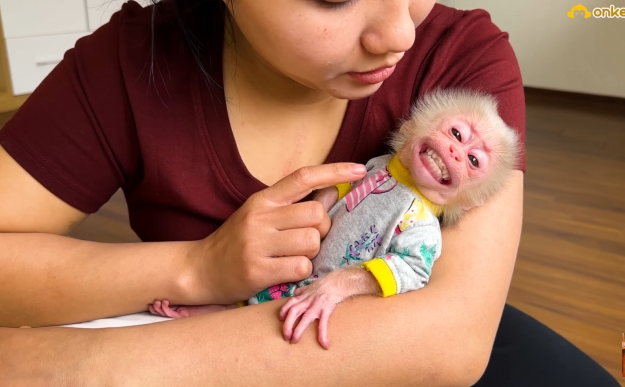
Lala sat quietly by the window, her chin resting on her knees, watching the rain trickle down the glass pane. The gray clouds above seemed to mirror the heaviness in her heart. Today was like many others—a mixture of pain, loneliness, and reflection. She often tried to stay strong and cheerful for those around her, but there were days when her sadness became too much to bear. Today was one of those days.
From a young age, Lala had known more sorrow than most children her age. While other children ran and played freely, she spent much of her time in hospital beds or at home, battling recurring illnesses that left her body weak and her spirit tired. She had been born with a rare immune condition that made her highly vulnerable to infections. Something as simple as a cold could turn into weeks of sickness for Lala.
When she was just a toddler, she had to be hospitalized for weeks at a time. Her parents, though loving, struggled financially and emotionally to cope with her frequent health issues. Medication was expensive, and hospital visits were constant. Lala could still remember the sterile smell of the hospital, the cold touch of metal against her skin, and the sound of beeping monitors that tracked her fragile heartbeat. Those memories were etched deep in her mind.
School was not much easier. Lala missed many days due to her illnesses. While her classmates built friendships and created memories on the playground, she stayed home under blankets, coughing and reading books alone. She became an observer of life, not a participant. Her teachers were kind, but they could not understand the depth of her isolation. Children would sometimes tease her, calling her “sickly Lala” or avoiding her for fear of catching something. The emotional wounds cut deeper than the physical ones.
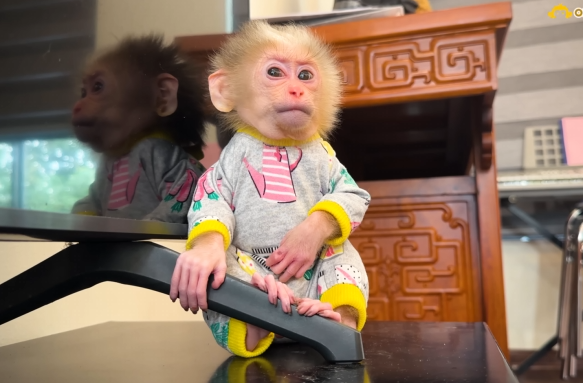
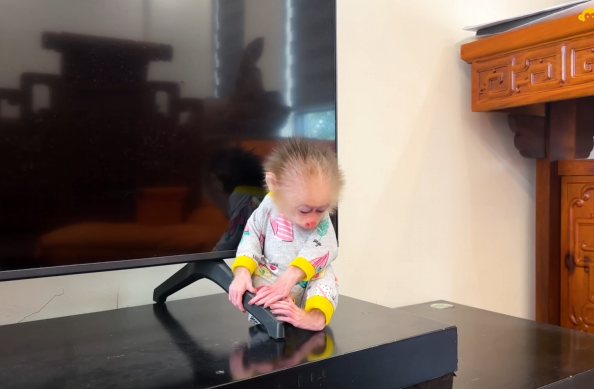
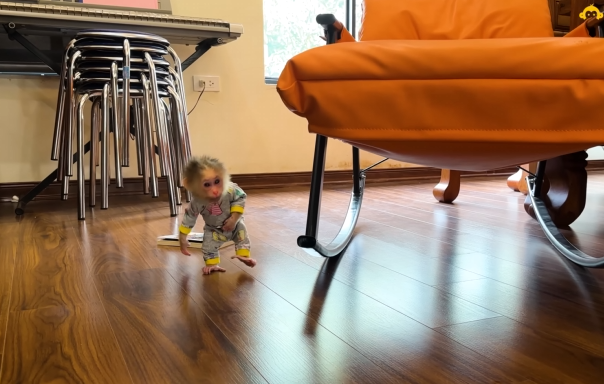
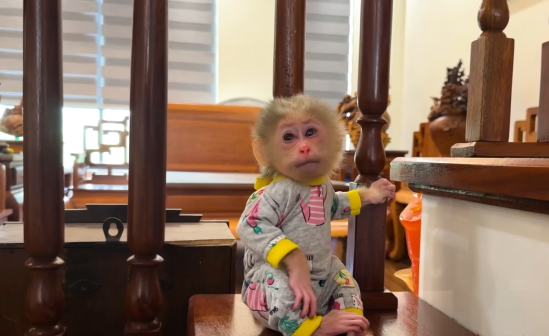
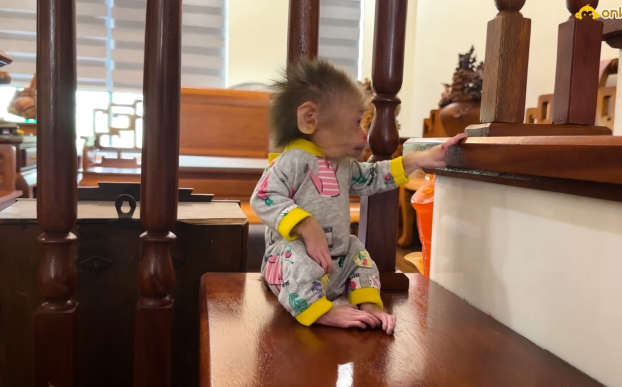
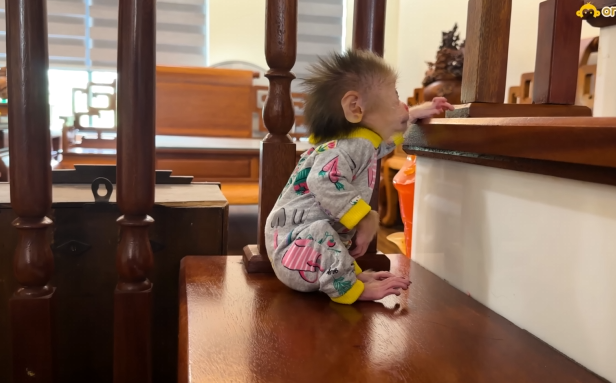
On top of her poor health, Lala also struggled with poverty. Her family didn’t have enough money for nice clothes, good food, or even basic school supplies. She would often wear the same outfit multiple days in a row, and her shoes had holes that let in water when it rained. Though her mother tried her best to sew and patch what they had, the other children noticed. Lala felt embarrassed. She would shrink into herself, trying not to be noticed, hoping no one would comment on her worn-out backpack or her thin jacket in the winter.
The disadvantages she suffered were not just external. They crept into her thoughts, shaping the way she viewed herself. Over time, Lala began to believe that she was less worthy than others. Less capable. Less beautiful. She compared herself to the healthier, happier children around her and felt a deep sense of pity. “Why me?” she would often ask. “Why do I have to suffer so much?”
Her self-esteem crumbled under the weight of her experiences. She longed to feel normal—to run without gasping for air, to eat without fearing allergic reactions, to laugh without being interrupted by a cough. But life had dealt her a different hand. One filled with hardship.
As she grew older, the burden only grew heavier. New illnesses arose. Her joints began to ache constantly, and doctors suspected she had early-onset arthritis. She was still young, yet her body felt decades older. The fatigue was unbearable at times. She could sleep for 12 hours and still wake up tired. Even walking up a flight of stairs would leave her breathless.
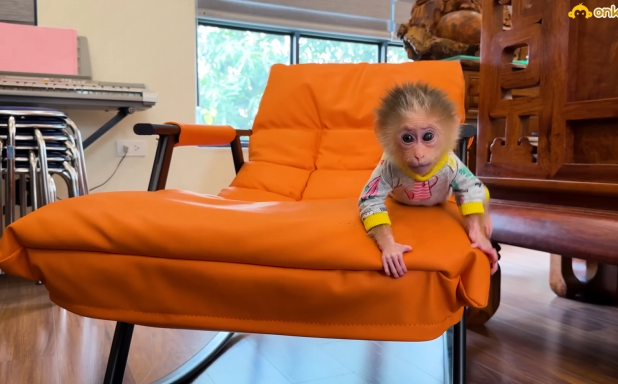
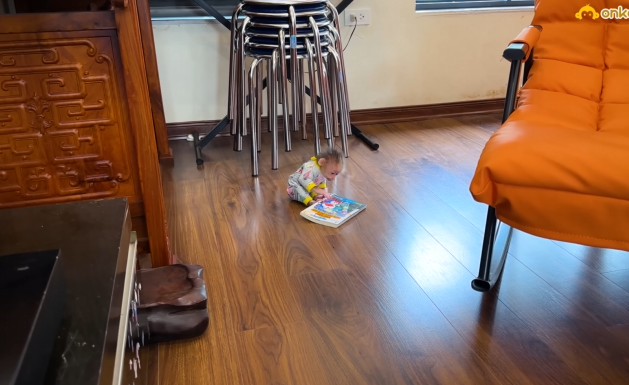
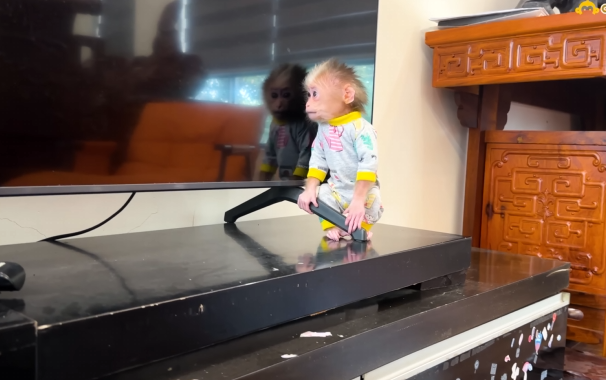

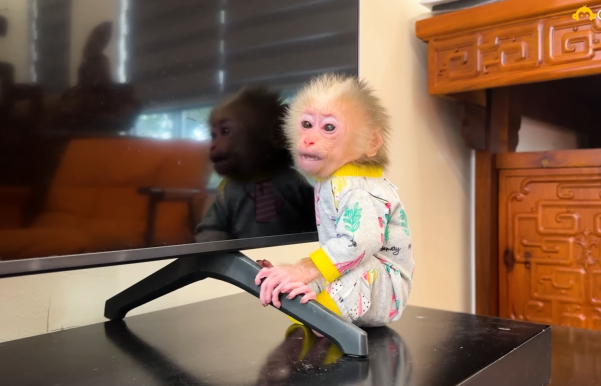
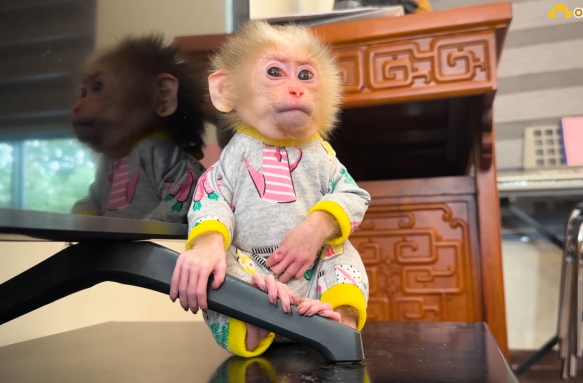
Socially, things remained difficult. Lala found it hard to open up to people. She felt like no one could truly understand the pain she carried. Friends came and went, but few stayed. She often thought, “Maybe I’m just too much trouble.” That belief led her to push people away, to isolate herself further.
And yet, deep down, all Lala wanted was to be seen, to be loved, and to feel whole.
Today, as the rain continued to fall outside her window, she allowed herself to cry. Not just a single tear, but deep, aching sobs that had built up over the years. She cried for the childhood she never truly got to enjoy. She cried for the moments lost to illness. She cried for the pain of being different. Most of all, she cried for the little girl inside her who still longed to be healthy and carefree.
Though her tears brought no instant relief, they were honest. They were real. And sometimes, that was the first step toward healing. Lala wasn’t asking for pity from the world. She just needed to acknowledge her own suffering—to stop pretending that everything was okay all the time. It wasn’t okay, and that was the truth.
But somewhere, in the depths of her sadness, there was also a spark. A small flicker of strength that came not from being invincible, but from surviving. Every challenge she had faced, every sleepless night, every tear shed had shaped her into someone resilient. Yes, she was tired. Yes, she had suffered more than most. But she was still here.
Lala began to write in her journal—a habit she had picked up to cope with her emotions. Her handwriting was shaky, but her words were clear: “I feel sad. I feel sorry for myself today. But I know this doesn’t define me. I’m more than my pain. I’m more than my illness.”
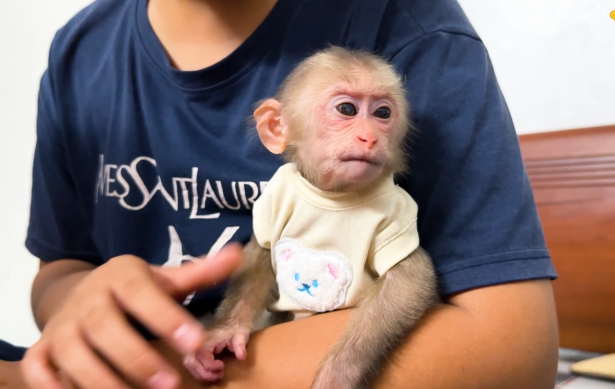
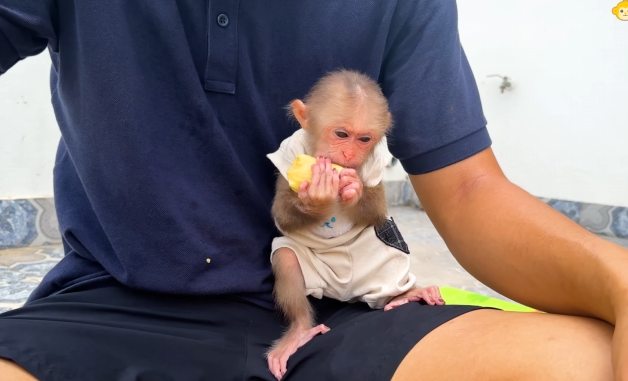
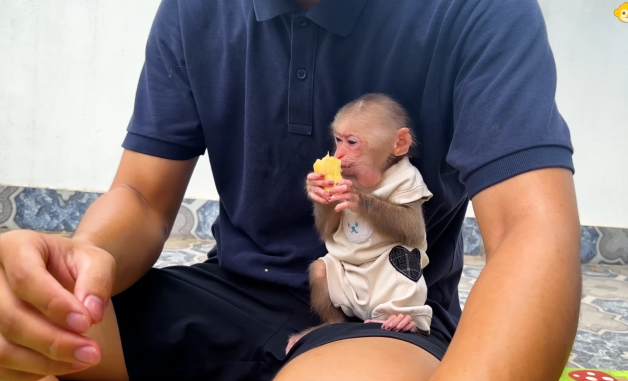
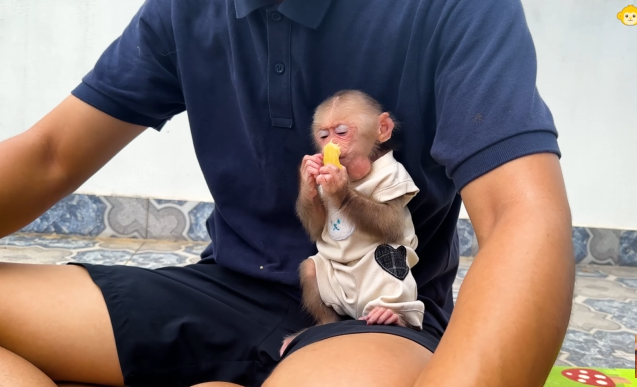
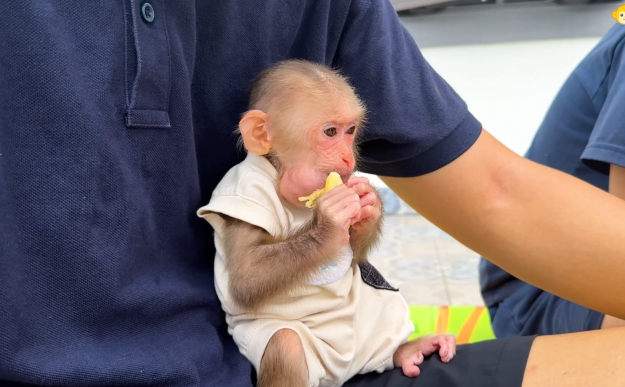
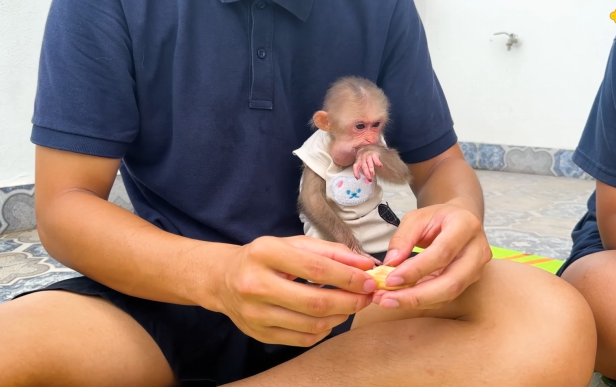
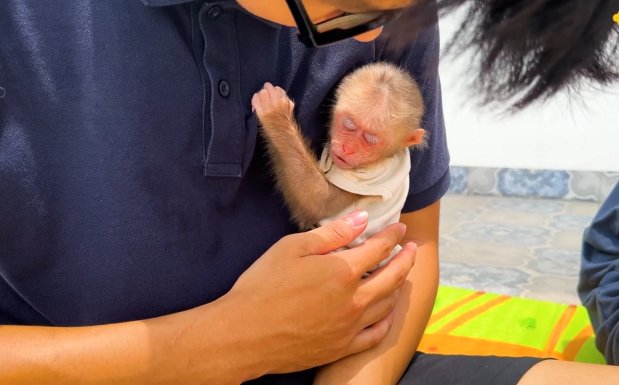
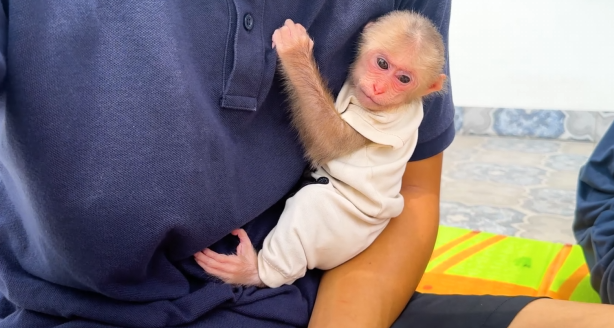
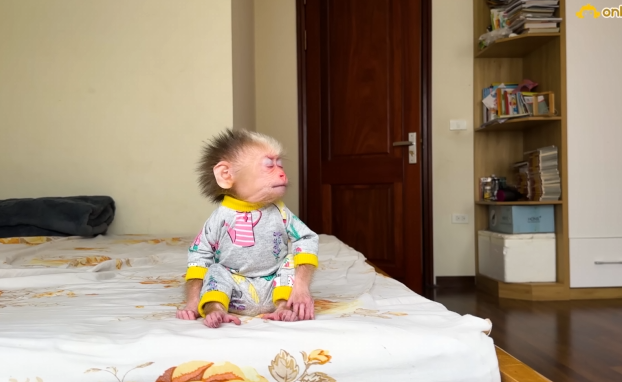
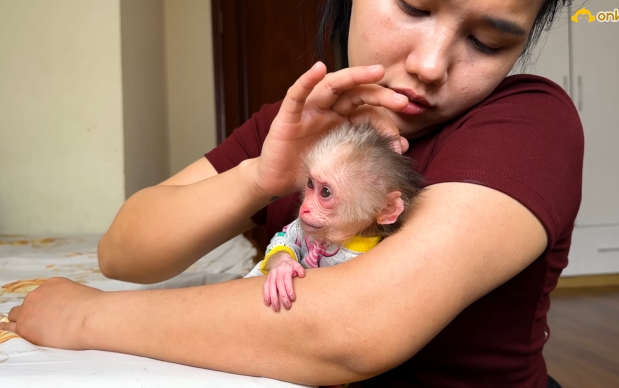
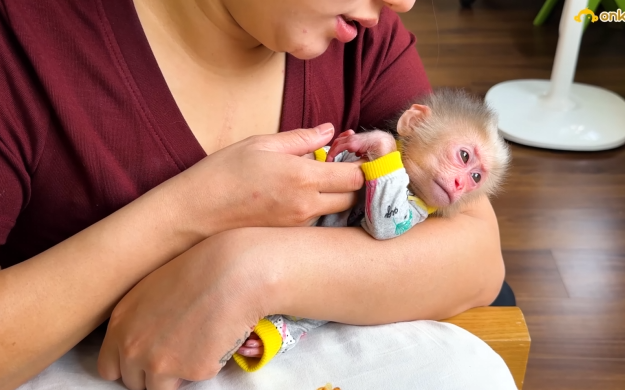
She stared at the words, letting their truth sink in.
Lala wasn’t weak for feeling pain. She wasn’t a failure because her body didn’t work the way others did. In fact, the very fact that she kept going despite all the disadvantages meant she was stronger than she gave herself credit for.
The world hadn’t always been kind to her, but perhaps one day she could turn her story into a source of inspiration for others. Maybe there was a purpose behind all the pain. She didn’t know what it was yet, but the thought gave her a glimmer of hope.
As the rain slowed and a patch of blue sky peeked through the clouds, Lala took a deep breath. Her sadness didn’t magically disappear. Her body still ached. Her challenges were still real. But she had made it through another day. That, in itself, was a quiet victory.
She stood up, stretched, and walked to the kitchen to make herself a cup of tea. It was a small act of self-care, but it meant something. It meant she was still trying. Still living. Still fighting.
And in that moment, Lala reminded herself: It’s okay to feel sad. It’s okay to grieve. But it’s also okay to hope.


